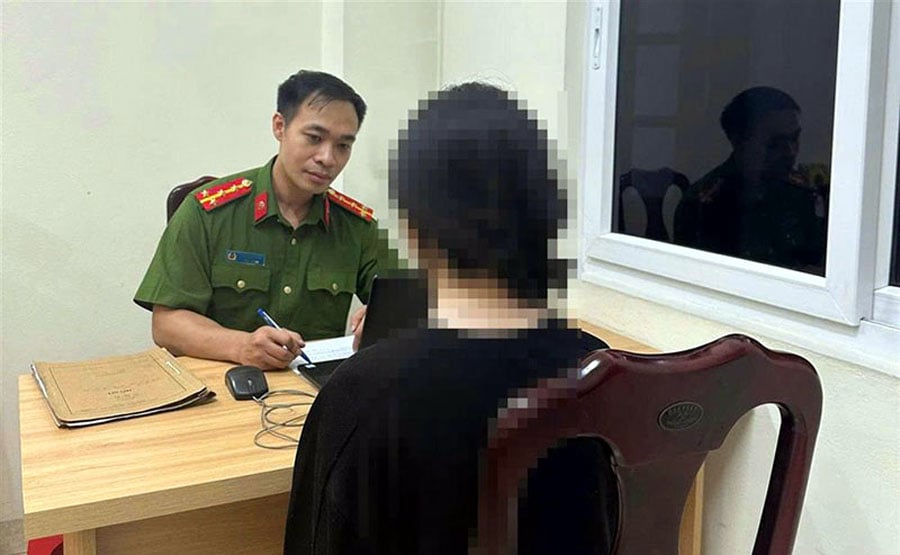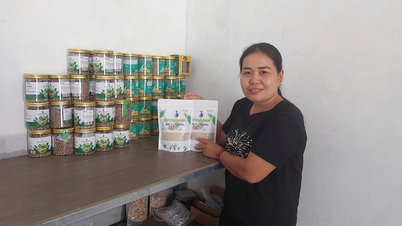 |
| Illustration photo. |
Recently, Ho Chi Minh City Police in coordination with Bay Hien Ward Police successfully rescued a female student LTKY who was tricked through the "fake Zoom" application. The victim was set up by the subjects to be involved in a money laundering ring, had her phone taken over, and was forced to record a fake kidnapping video and send it to her family to demand a ransom of VND800 million.
Similarly, on the afternoon of July 23 in Hanoi , X. (born in 2007) received a call from someone pretending to be a police officer, asking him to download Zoom Workplace software to “work online”. He was then threatened, forced to rent a hotel room to “hide”, and filmed a fake video of himself being controlled in order to blackmail his family for 300 million VND. The police intervened promptly and rescued him safely. Only when he was explained did he realize he had been tricked.
It can be seen that “online kidnapping” does not require any direct contact. The subjects impersonate authorities such as the police, the prosecutor’s office, the court, etc., creating heavy psychological pressure on the victims. Most of them are students who lack life experience and are prone to panic when accused of participating in money laundering and smuggling crimes. They ask the victims to keep it a secret, not to contact their families, and to follow the instructions through the fake application.
In Thai Nguyen, although there have been no specific cases of “online kidnapping” yet, the risk is entirely possible. As a major educational center in the midlands and mountainous areas of the North, Thai Nguyen currently has tens of thousands of students studying at universities, colleges, and vocational schools. Most of them come from other provinces, live far from their families, are still immature, and are easily influenced by sophisticated online scams. This is a group of people with high potential risks if they are not fully equipped with personal defense skills.
In this context, raising awareness and enhancing prevention skills for students is extremely necessary. Students should absolutely not follow instructions from strange calls or messages, especially when asking for personal information, bank accounts or money transfers. When detecting suspicious signs, they should proactively cut off contact and immediately report to local police. Families should stay calm, record calls, and save strange phone numbers to support investigations. Schools need to integrate fraud identification and emergency response skills into their educational programs.
Technology scams are becoming more and more sophisticated, but if there is close coordination between families, schools, authorities and the alertness of students themselves, "online kidnapping" scams will no longer have a place to occur.
Source: https://baothainguyen.vn/xa-hoi/202507/cam-bay-thoi-cong-nghe-so-7a31ff8/


































































































Comment (0)